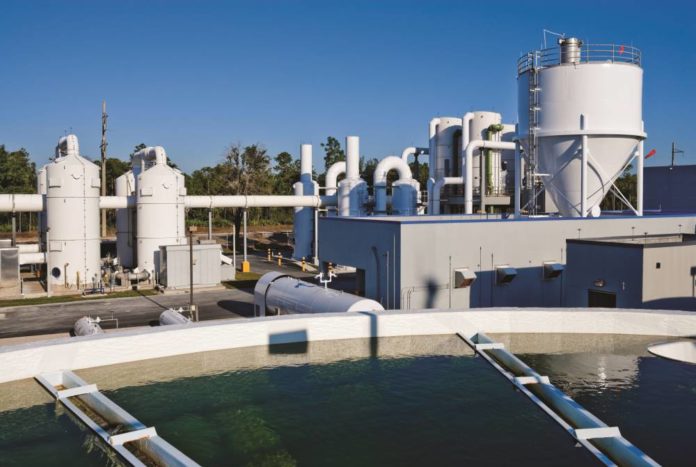Research led by the United Nations University Institute for Water, Environment and Health has revealed “gross underestimations” of the amount of brine produced as a by-product of desalination.
The findings of a study have put production at around 142Mm3/day – approximately 50% greater than thought.
Brine production is increasingly viewed with concern, particularly because of the potential impacts of returning hypersaline water to the environment and the cost of disposal. Previously, brine production has been assumed on the basis of an approximate one-to-one ratio with produced water.
“When we looked at different technologies and feed water quality, we came to know that this estimate is really very conservative – and it is not based on scientific evidence either,” Dr Manzoor Qadir, assistant director at The Canadian Institute, told The Source.
According to the researchers, literature on the state of desalination research and practice is out of date. They say the study makes the first comprehensive quantification of brine produced and uses a novel methodology for this assessment.
The study assessed a database of almost 16,000 operational desalination plants across 177 countries and territories. It put production of desalinated water at around 95Mm3/day.
The study looked at the type of water used as the source, the desalination technology used, plant capacity, and the end use of the desalinated water.
It assessed the ratio of produced water to source water across an extensive range of source water and technology combinations. Three combinations – seawater/reverse osmosis, brackish water/reverse osmosis, and seawater/multistage flash – account for around 70% of production.
The extent of desalination in the Middle East and North Africa was confirmed, accounting for more than half of global capacity. Furthermore, Saudi Arabia, the United Arab Emirates, Kuwait and Qatar together account for 55% of the brine produced globally, the study found.
The results show that almost 100Mm3/day of brine is produced in the Middle East and North Africa region, more than 70% of global production. “This value is approximately double the volume of desalinated water,” the study found.








